Europe is facing a repeat of the 2022 energy crisis. Gas inventories are fast being depleted after cold late-autumn temperatures increased heating demand. Sources that helped fill reserves in 2024 will be likely unavailable for several reasons, news site Bloomberg warned.
Despite the European Union’s efforts to cut off cheap Russian energy supplies, its gas still reaches central European nations Hungary and Slovakia. Austria also received Russian gas until Russia’s Gazprom suspended supplies to national energy company OMV on November 16.
© Photo : Gas Infrastructure EuropeScreenshot of chart showing European Union gas-storage level in 2024.
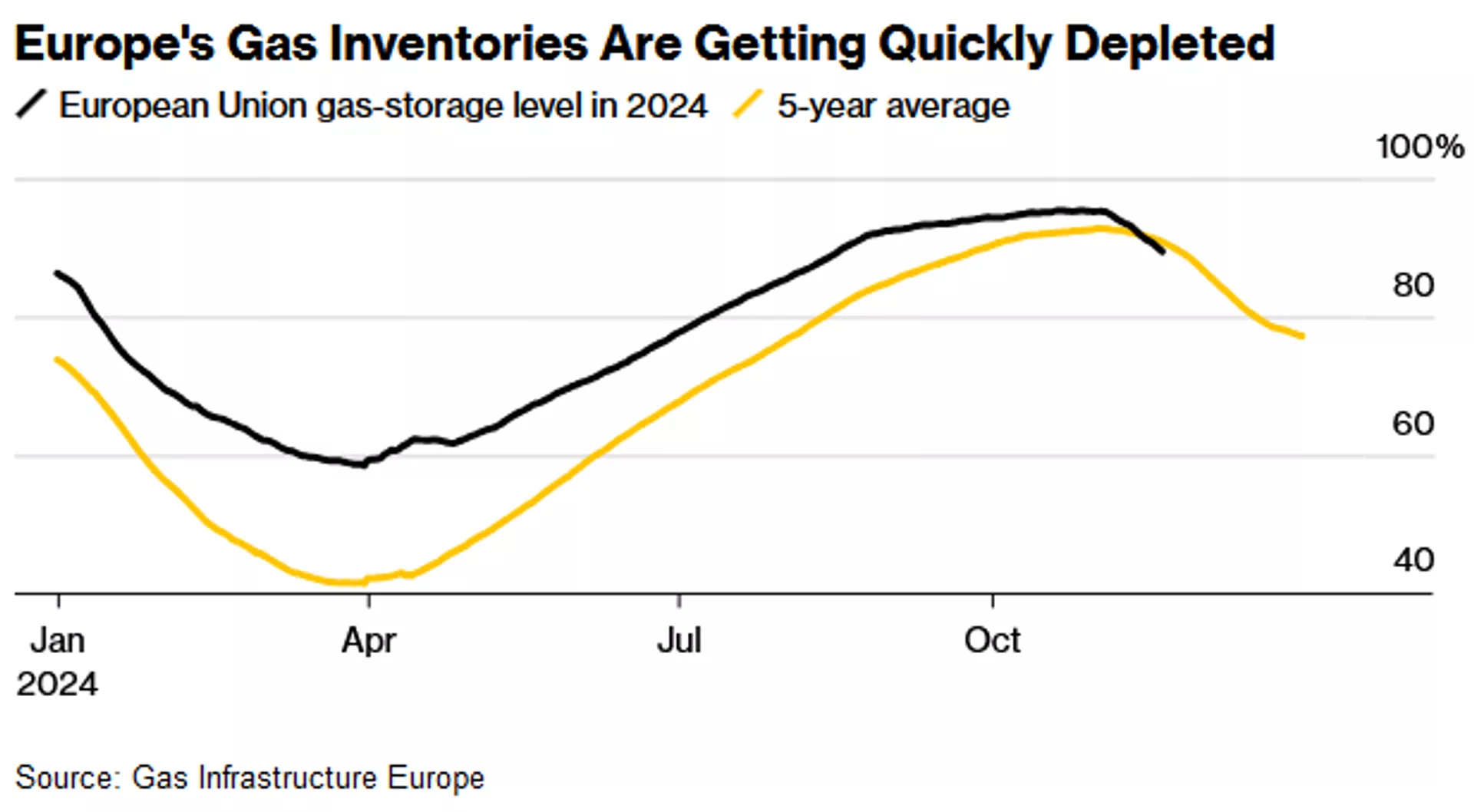
Screenshot of chart showing European Union gas-storage level in 2024.
© Photo : Gas Infrastructure Europe
Europe is bracing for a potential end to Russian gas supplies via Ukraine at the end of the year. Kiev announced it would not extend a transit deal contract between Gazprom and Ukraine’s Naftogaz.
The US Treasury announced a new round of sanctions against Russia on November 21 that includes Gazprombank and six foreign subsidiaries.
Those factors already impact EU gas prices, which have soared by 45% this year to over $500 per thousand cubic meters. Prices for next summer’s gas futures are even higher than for the following winter, projections based on broker data show.
© Photo : Bloomberg/Broker dataScreenshot of chart showing Summer 2025-Winter 2025/26 gas price spread.
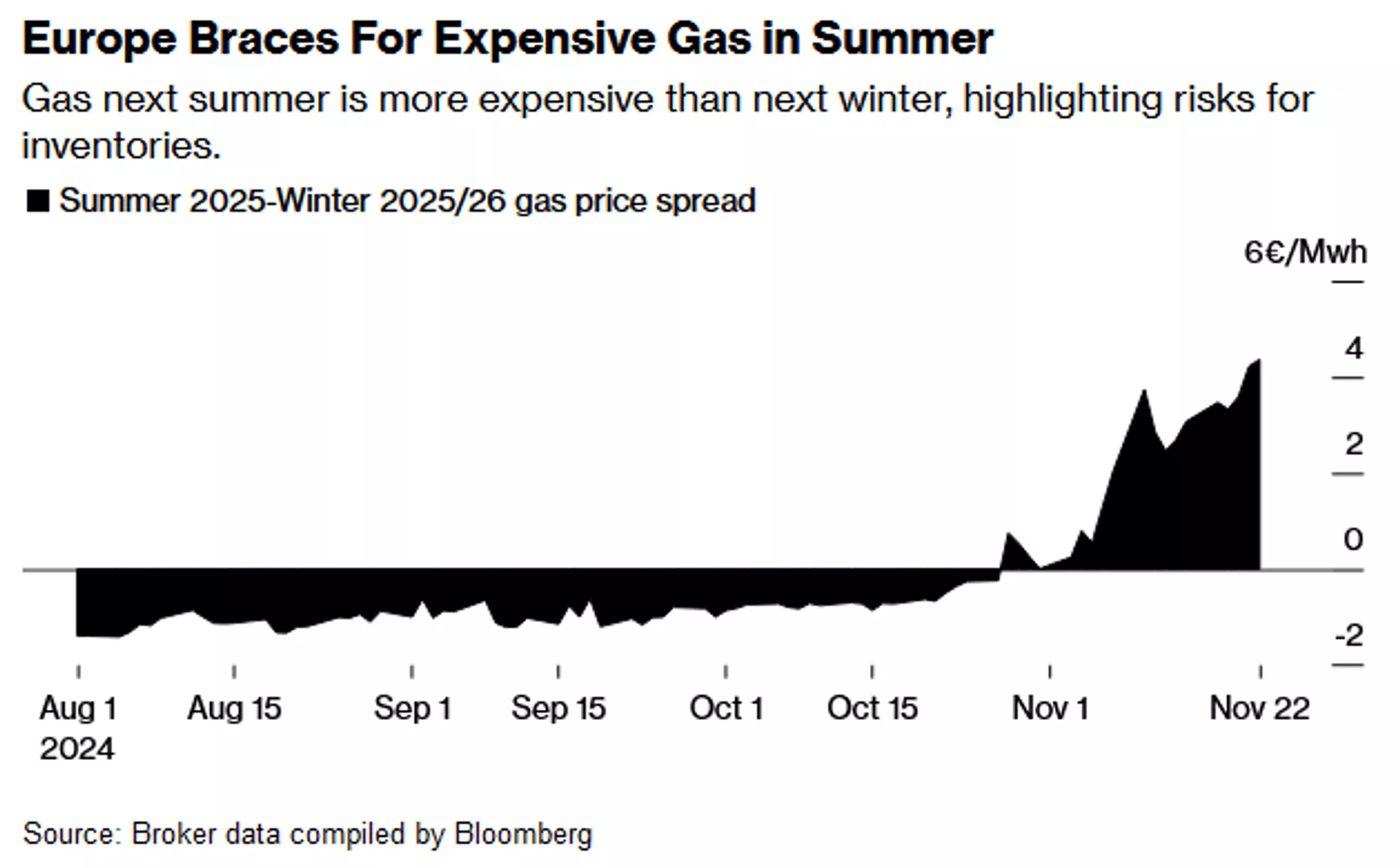
Screenshot of chart showing Summer 2025-Winter 2025/26 gas price spread.
© Photo : Bloomberg/Broker data
Rising gas prices are expected to deepen the consumer cost-of-living crisis and pile pressure on manufacturers.
“This is beginning to resemble a 2022 scenario in which the EU purchased gas at any price,” said Arne Lohmann Rasmussen, chief analyst at Global Risk Management.
RISING GAS PRICES TO CURB EUROPE'S ECONOMIC GROWTH IN 2025 – ENERGY EXPERT
"The gas dynamics in 2025 will be influenced by a tighter gas market as a result of rising global demand, particularly from China and the Asia-Pacific region, Trump’s tariffs and EU boycotting Russian gas… pic.twitter.com/VqXIhDVtxh
Germany, which has suffered the most from US-led sanctions on Russia and now relies on imports of liquefied natural gas, is once again likely to “suffer the most,” Ole Hansen, head of commodity strategy at Saxo Bank AS warned.
Despite the EU’s efforts to end imports of its gas, Russia became the bloc’s largest gas source in September for the first time since spring 2022. Its share reached 23.7%, Sputnik calculated based on data from the European Statistical Office.

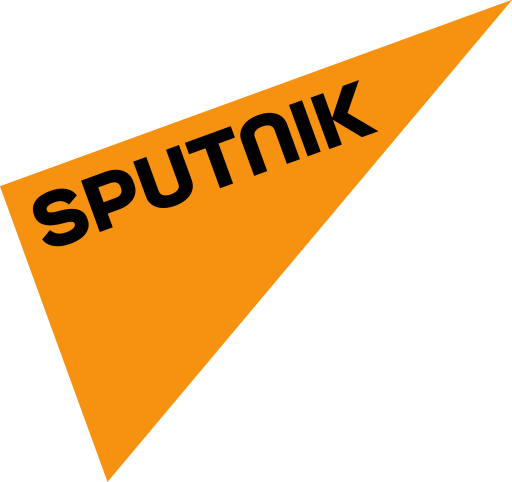 4 months ago
42
4 months ago
42
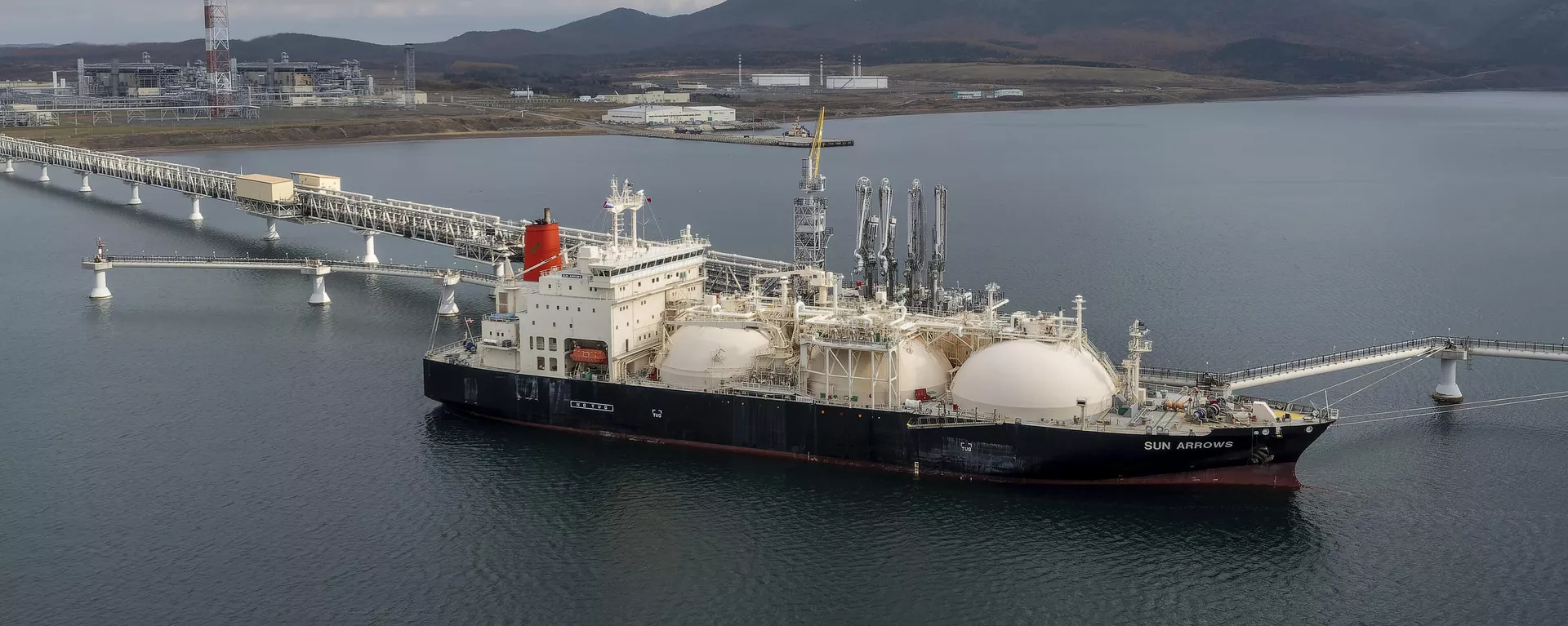
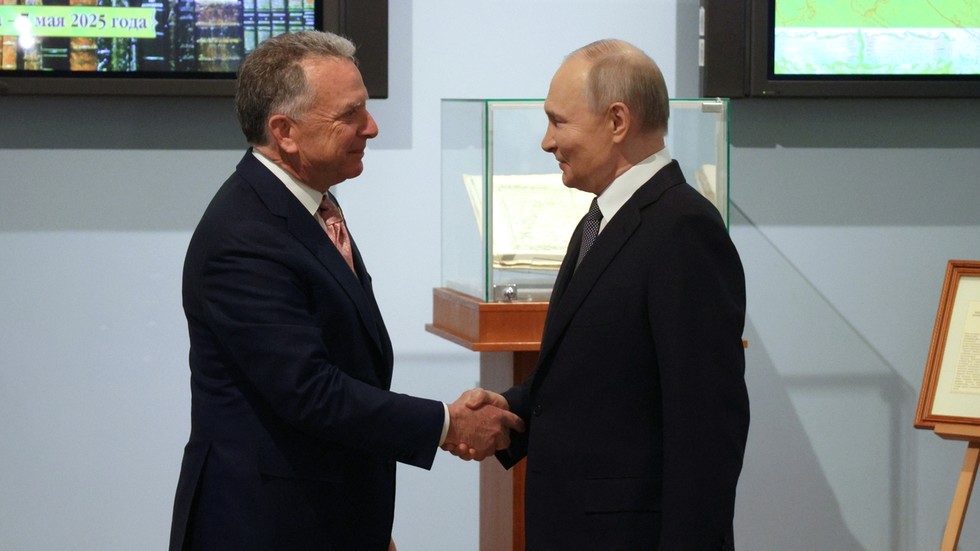
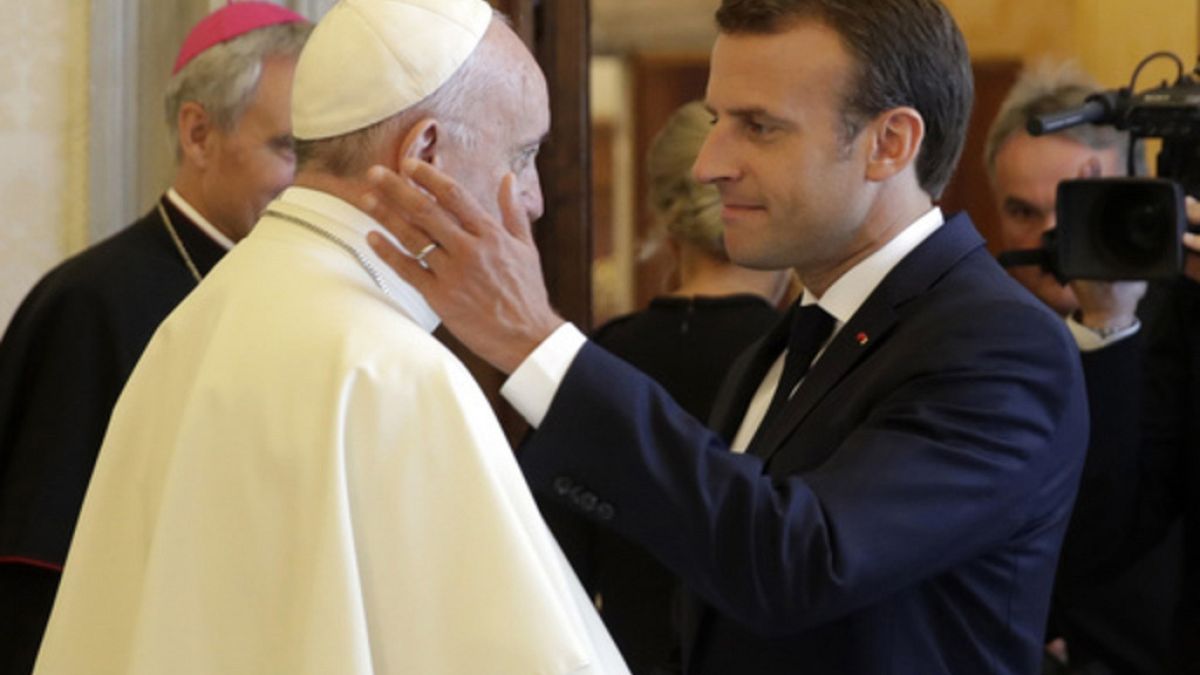
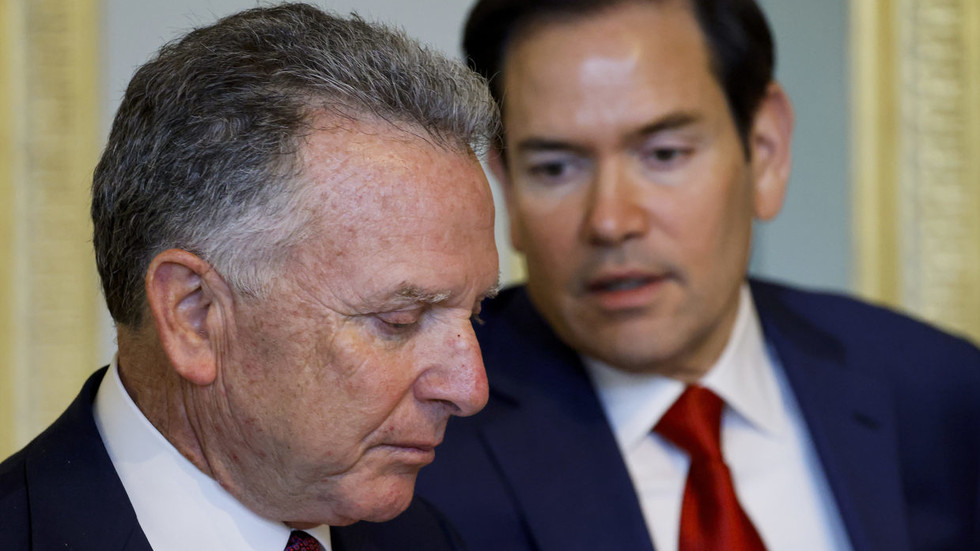
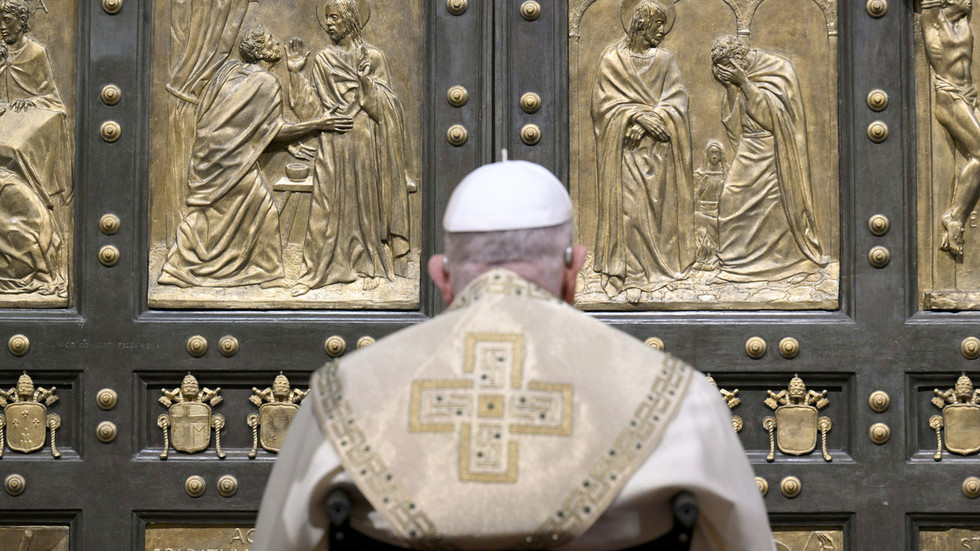
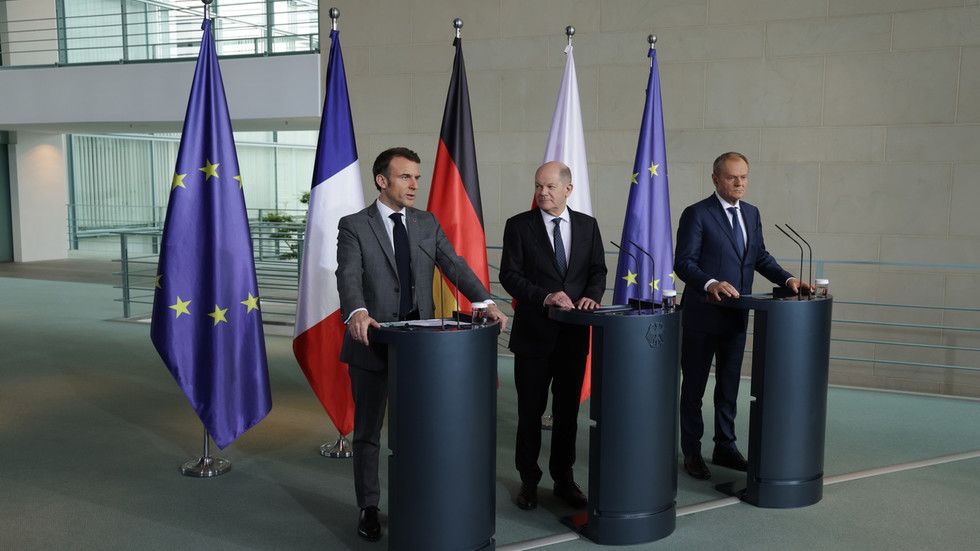
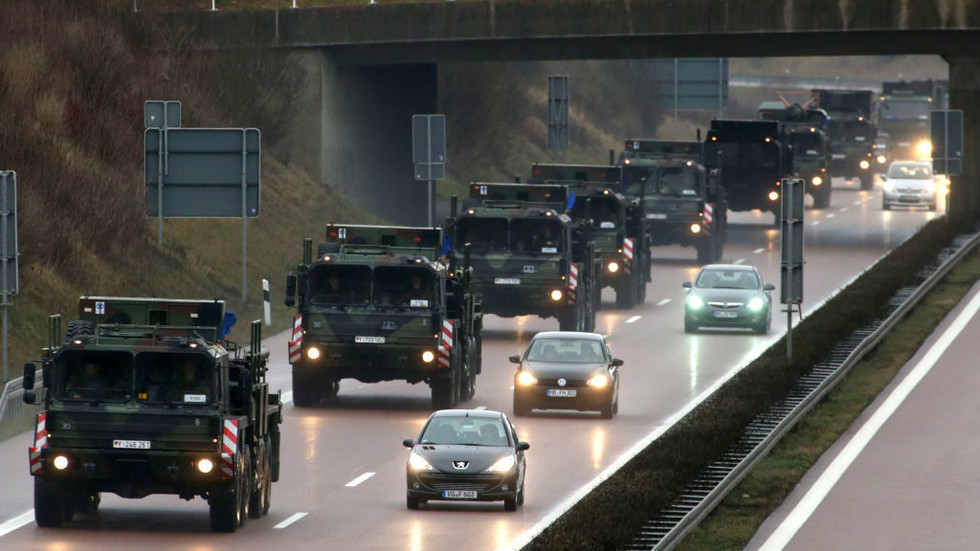
 We deliver critical software at unparalleled value and speed to help your business thrive
We deliver critical software at unparalleled value and speed to help your business thrive






 English (US) ·
English (US) ·